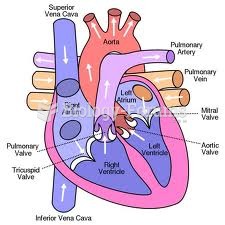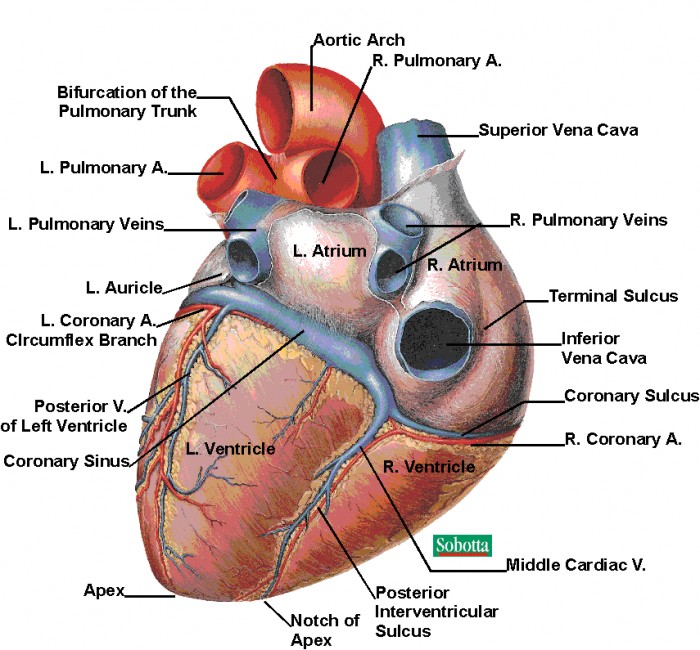|
|
|
Green tea is able to stop the scent of garlic or onion from causing bad breath.
Asthma cases in Americans are about 75% higher today than they were in 1980.
Increased intake of vitamin D has been shown to reduce fractures up to 25% in older people.
Approximately one in four people diagnosed with diabetes will develop foot problems. Of these, about one-third will require lower extremity amputation.
Although the Roman numeral for the number 4 has always been taught to have been "IV," according to historians, the ancient Romans probably used "IIII" most of the time. This is partially backed up by the fact that early grandfather clocks displayed IIII for the number 4 instead of IV. Early clockmakers apparently thought that the IIII balanced out the VIII (used for the number 8) on the clock face and that it just looked better.







